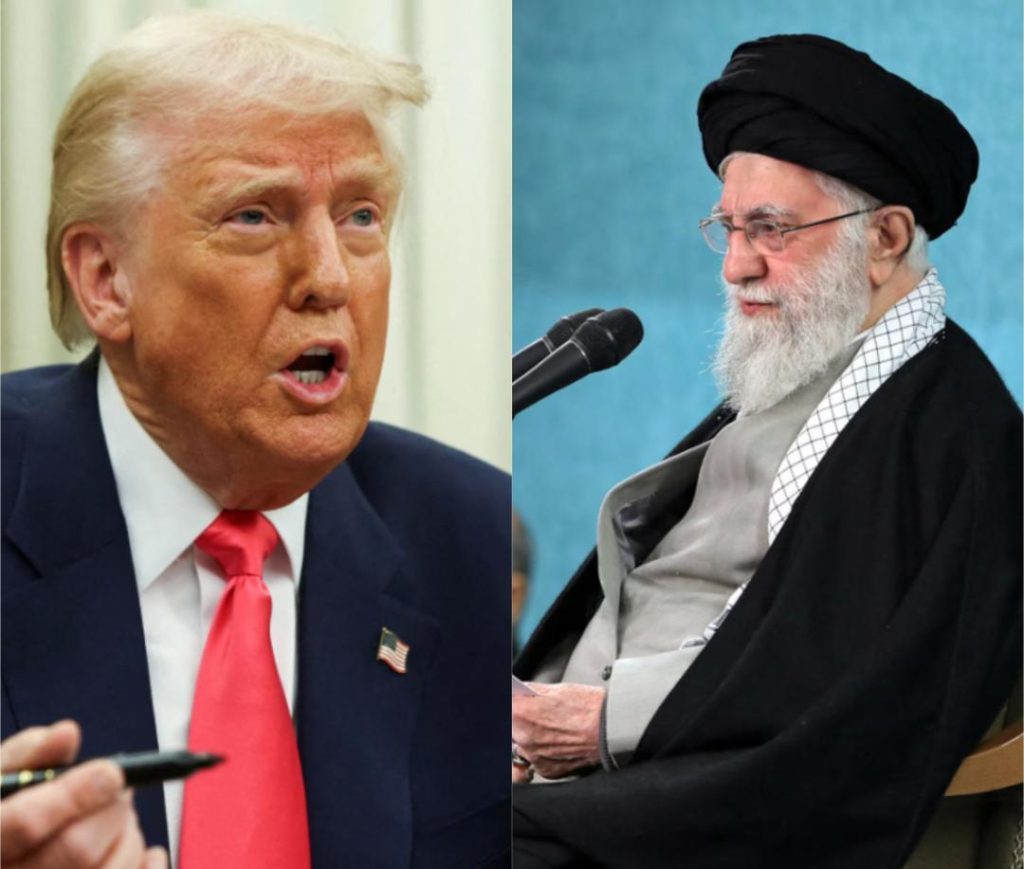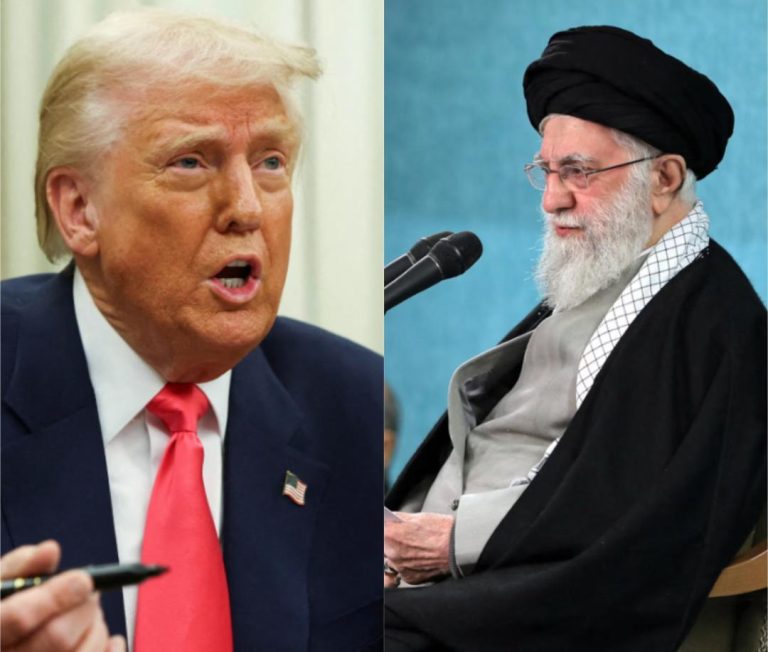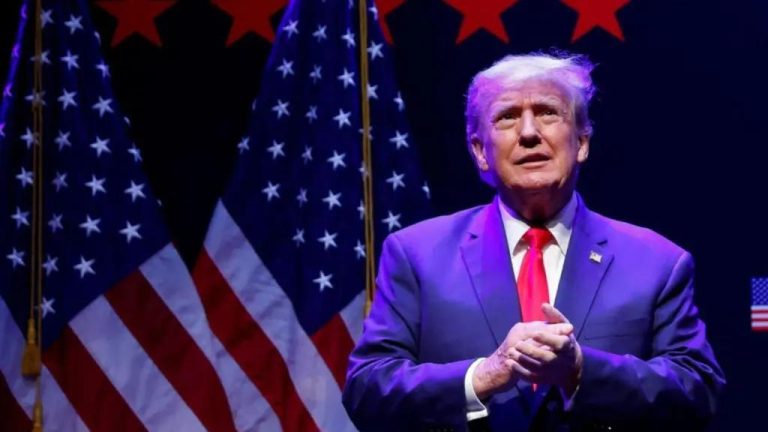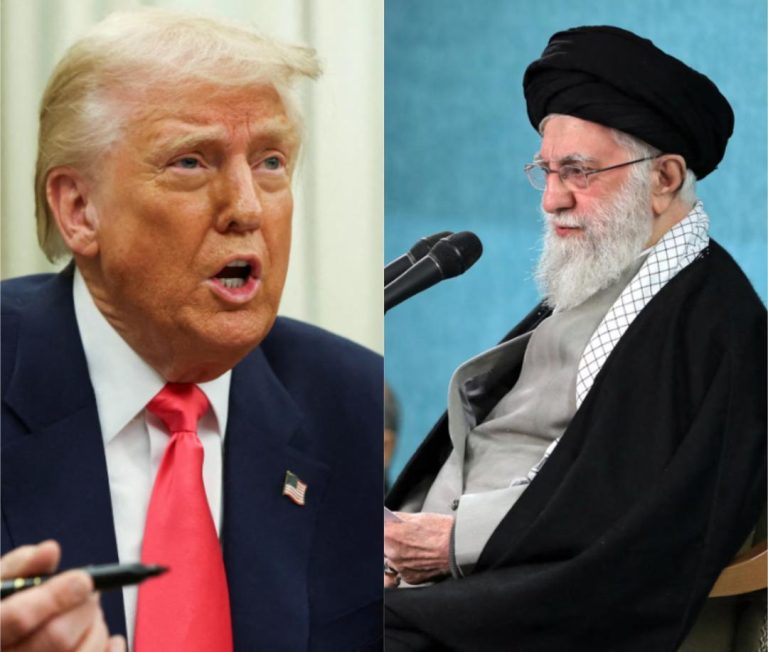
US & Iran begin nuclear talks days after Donald Trump threatened bombing
In a significant development, Iran and the United States have begun indirect talks in Oman, with Iranian Foreign Minister Abbas Araghchi and Trump’s Middle East envoy Steve Witkoff representing both sides. This comes days after US President Donald Trump threatened to bomb Iran if it didn’t arrive at a deal on its nuclear program.
The talks, which were confirmed by Iran, are taking place under the shadow of regional conflict and heightened tensions between the two nations. The Iranian Foreign Ministry announced that the talks would involve the exchange of messages between Araghchi and Witkoff through an Omani minister, with the two sides meeting in separate rooms.
The development marks a significant shift in the diplomatic landscape, as the two nations have been at odds over Iran’s nuclear program for years. The talks are seen as a major breakthrough, given the recent escalation in tensions between the two nations, which has been fueled by Trump’s aggressive rhetoric.
Trump’s Threats
In a tweet earlier this week, Trump warned Iran that it would face “obliteration” if it didn’t make a deal on its nuclear program. The tweet came after Iran’s nuclear program was found to be in violation of the terms of the 2015 nuclear deal, which was negotiated by the Obama administration.
Iran has consistently denied any wrongdoing and has accused the US of violating the terms of the deal. The tensions between the two nations have been escalating in recent months, with the US having imposed harsh sanctions on Iran and its economy.
Indirect Talks
The indirect talks between Iran and the US are a significant departure from previous attempts at negotiations, which have stalled due to the lack of direct communication between the two sides.
The Omani minister, who will facilitate the talks, has played a key role in mediating disputes between the two nations in the past. Oman has a long history of diplomatic engagement with Iran and has been a key player in regional efforts to resolve the crisis.
The talks are seen as a major test of whether the two nations can find a way to resolve their differences and prevent a catastrophic conflict.
Background
The tensions between the US and Iran have been escalating for months, with the US having imposed harsh sanctions on Iran and its economy. Iran has responded by threatening to increase its uranium enrichment activities, which could potentially lead to the development of a nuclear bomb.
The 2015 nuclear deal, known as the Joint Comprehensive Plan of Action (JCPOA), was negotiated by the Obama administration and provided for the easing of sanctions on Iran in exchange for restrictions on its nuclear program.
However, in 2018, Trump unilaterally withdrew the US from the deal, citing concerns that Iran was not in compliance with the terms of the agreement. Since then, tensions between the two nations have been escalating, with the US imposing harsh sanctions on Iran and its economy.
Conclusion
The indirect talks between Iran and the US are a significant development in the ongoing crisis, and mark a major shift in the diplomatic landscape. The talks are a major test of whether the two nations can find a way to resolve their differences and prevent a catastrophic conflict.
The success of the talks will depend on the willingness of both sides to compromise and find a solution that meets the concerns of both nations. The stakes are high, and the outcome of the talks will have significant implications for regional and global stability.






